Hezbollah confirmed the martyrdom of its leader Hassan Nasrallah, after the Israeli regime's airstrikes on the Lebanese capital of Beirut on Friday. The assassination marks a major escalation in the long-running conflict and deepens fears of a wider regional war.
US officials see the possibility of a limited Israeli ground incursion into Lebanon.
The strike that killed Nasrallah targeted a densely populated area and destroyed residential buildings. Israel has carried out more strikes Saturday on what it says are Hezbollah targets in Lebanon, killing at least 33 people and wounding 195 including women and children.
To shed more light on the issue, we discussed it with Dr. Hazar Vural Jane, Asst. Prof. at Istanbul Aydın University.
Following is the full text of the interview:
Do you think that the path of Resistance will end after the assassination of Nasrallah and Haniyeh by the Israeli regime?
There is no doubt that the killing of Nasrallah and Haniyeh is a major blow. In their own words, ‘the killing of individuals will not end the resistance’. This confrontation is a long-term confrontation by nature and will continue. Both sides see this as a struggle for existence. Tel Aviv has been constantly increasing its aggression with its assassinations and civilian massacres, especially in the last two months. In its near abroad where it is surrounded by the axis of resistance, its response to the threats it perceives is in the form of massacres against civilians.
HAMAS fights in defense of the homeland, while Hezbollah, in line with its founding philosophy, fights to stop Israel from its threats against Lebanon. Considering that the resistance has come to this day as a result of a long-term strategy, there is also a belief and faith side among the different dimensions it feeds on. This is a strong identity factor at the point of belonging.
Do you believe that the Israeli regime will become more secure after the assassination of Nasrollah or not?
When we compare Israel's security before and after 7 October, we can say that Israel is in a more insecure environment. It is mismanaging the process, especially with its increased aggression and massacres of civilians. It is a problem that it has been hit by the resistance forces it is surrounded by, and that it has become criticized, at least globally, for its actions in Gaza. The cost burden of the Iron Dome defense system and the destruction of the myth of impenetrability is another important point. As Israel increases its aggression in the region, it causes more problems instead of a more secure environment.
What can be the consequences of the Israeli regime’s act for the region?
It pursues a policy that will jeopardize peace and security in the region. It both increases armament and has a negative impact on the future of the states in the region. While the region is tired of terrorism, wars and migrations and wants to reach better economic days, Tel Aviv, which terrorizes the region and exposes people to either massacres or mass migrations, also causes problems for Israelis.
How do you see the US's role in Israel’s crimes? Can Tel Aviv disrespect world and international rules without US support?
When we look at the relations between Washington and Tel Aviv and their overlapping security, we see that there is great support from the US not only in terms of the arms industry but also in terms of material and co-operation. There is a strong cooperation and intelligence sharing between both states in multiple fields. On the other hand, considering that Israel is being tried in the International Criminal Court for its actions in the Gaza War, this is a problem for its ally Washington, from which it receives the greatest and endless support. US support undoubtedly opens space for Tel Aviv. And it encourages it in terms of extremism.




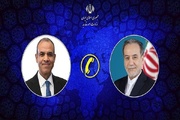
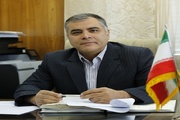
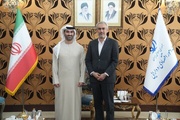
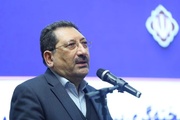
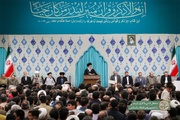
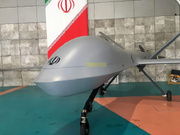
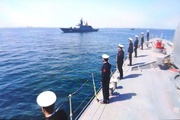
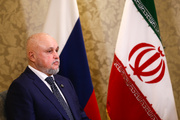










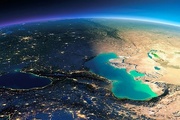



Your Comment